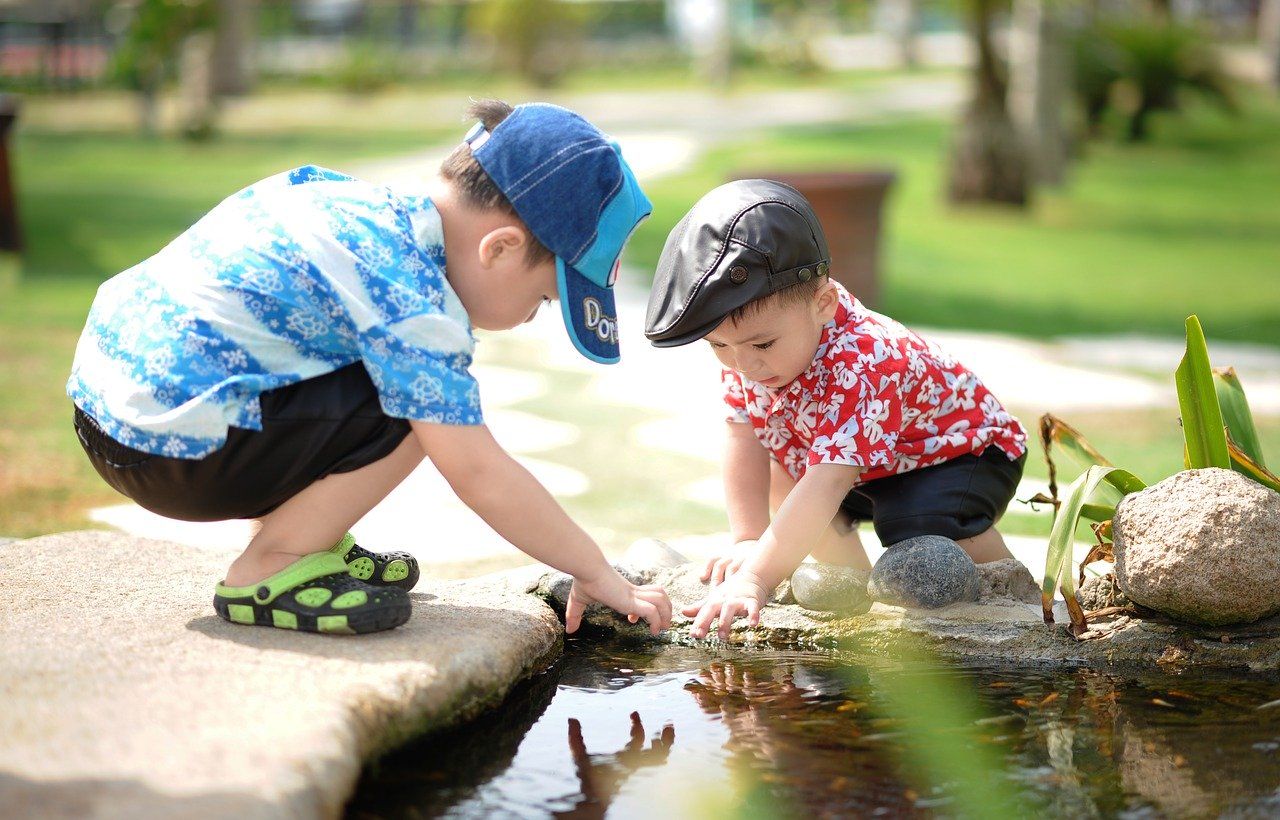Sharing is a social skill that young children learn as they develop through their relationships with others. It is perfectly normal for a young child to feel and express a desire to keep her toys and food all to herself but as she is learning who she is in relationship to other, sharing will be an important concept and skill to learn.
It’s not reasonable to expect a young toddler to share. They simply do not yet have the
cognitive development or others-awareness yet. By the time a child is 3 and 4 years old
he generally will begin to develop an awareness of his identity in relationship to others
and will be able to begin learning the process of sharing. Keep in mind it is a process
and be patient along the way.
There are some important tips and tools to keep in mind when helping children learn
how to share. Children learn first by having new skills modeled for them in the examples
they observe in others. Have a look at the tips below!
5 Ways to Help Children Learn How to Share
- Keep it playfully positive! It’s always more effective when shaping
children’s behavior to find ways to make it fun and to look for opportunities to
reinforce the behaviors we want to see. Playfully invite your child to share her
puzzle or toy with you and when she agrees, delightfully respond, “You are
SHARING your puzzle with me! Thank you so much for sharing!” - Point out examples of sharing. When you and your child are watching a
show together or when out in public together look for examples of others sharing
and observe aloud, “Look! She is SHARING her blanket with her friend! Ah….
That’s so nice to see people sharing.” - Use games as a way to practice sharing. Bring out the Candylandâ or
High-Ho-Cherry-Oâ games and demonstrate how we take turns and she share
the game board and the spinner. - Play-dates for practicing sharing. Before your child has a play-date,
prepare him for the need to practice sharing. You might say, “You know, Timmy
is coming over later today to play! This will be a good time to practice sharing. I
wonder what toys you might share with Timmy when he comes to play…” inviting
your child to anticipate practicing sharing with friends. - Reflect and affirm emotions. There will be times when a child feels that
sharing is an intrusion on her space and her attachment to her play-things or
food. If she expresses anger, frustration or sadness at the request that she
share, use this as an opportunity to let her know you can empathize. You might say, “Awww, I can see you’re feeling frustrated and sad when I asked you to share your special doll house with your friend. It can feel hard to share something that is very special to you.” Avoid scolding or punitive measures as this is a learning experience and we want to keep it positive for best results in the long run.
Sometimes children have a very difficult time with learning and practicing social skills for a whole host of potential reasons. As a child therapist providing play therapy services, I often work with young children to help them learn these skills and to help parents with the parenting piece. If you would like some professional guidance on helping your child learn to share when you feel overwhelmed by the process, please contact me and I will be happy to set up a consultation call!

